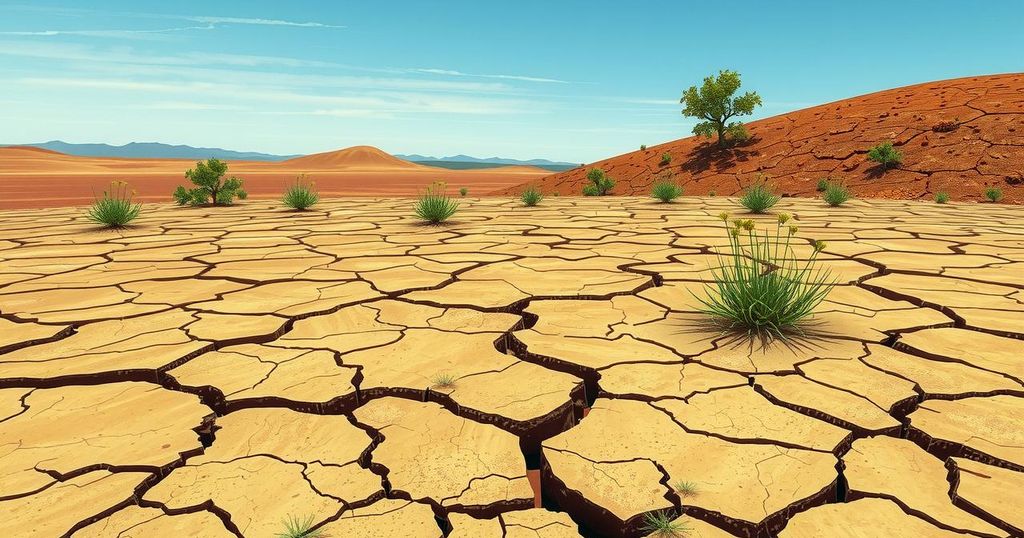Brazil Faces Severe Loss of Freshwater Resources Amid Climate Change Crisis

A recent report reveals that Brazil, despite having 12% of the world’s freshwater, is losing surface water significantly due to climate change and land conversion. The country lost 400,000 hectares of aquatic surface from 2023 to last year and approximately 2.4 million hectares since 1985. The Amazon basin has been notably impacted, and immediate adaptive water management strategies are essential as Brazil prepares to host the COP30 climate conference.
Brazil, which holds 12 percent of the world’s freshwater reserves largely concentrated in the Amazon, is experiencing a significant decline in its natural surface water. A recent report indicates that between 2023 and the previous year, Brazil lost approximately 400,000 hectares of aquatic surface—an area comparable to the size of Rhode Island. This trend has persisted for 16 years, with only 2022 showing an increase in water surface.
Since 1985, Brazil has lost around 2.4 million hectares of rivers and lakes due to factors such as drought, urbanization, and over-extraction of groundwater. Juliano Schirmbeck, coordinator of the MapBiomas Agua report, stated, “The dynamics of land occupation and use, along with extreme climate events caused by global warming, are making Brazil drier.” He emphasized the urgent need for adaptive water management and public policies to combat this growing crisis.
The Amazon basin, containing nearly two-thirds of Brazil’s surface water, plays a vital role in absorbing carbon dioxide and regulating the climate. In 2023, the surface water area in the Amazon decreased by 4.5 million hectares compared to 2022, equating to an area the size of Denmark. Additionally, the Pantanal wetlands, heavily affected by drought and wildfires, recorded water surface levels approximately 61 percent below the average from 1985.
Despite a 54 percent increase in human-made water bodies like reservoirs and dams since 1985, this expansion has not been sufficient to offset the loss of natural freshwater resources. The findings underline Brazil’s pressing water management challenges in the wake of climate change in anticipation of hosting the COP30 UN climate conference in November.
In conclusion, Brazil is facing an alarming reduction in its vast natural freshwater resources due to climate change and land use practices. The decline, primarily evident in the Amazon and the Pantanal, necessitates immediate adaptive measures for water management. As Brazil prepares for the upcoming COP30 conference, the report underscores the need for decisive public policies to reverse this alarming trend and safeguard the country’s vital freshwater reserves.
Original Source: www.bssnews.net





